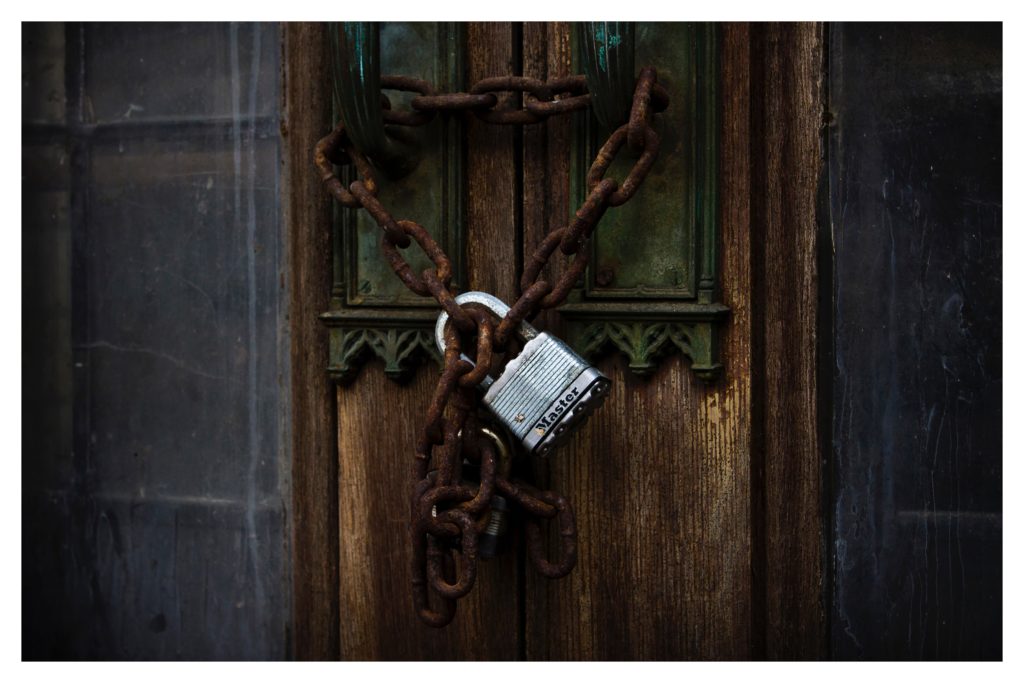Many of us go to great lengths to protect what we have while we are here. We put in alarm systems, smart doorbells, thick locks. However, most of us do not do anything about protecting what we have when we are gone.
A new survey by the British Heart Foundation found 61% of people do not know how to go about writing a Will.
The three most popular reasons which put people off writing a Will were:
- Not knowing where to start
- It makes them feel old
- They believe it is too expensive
Having a will in place is essential for many reasons. Here are five of the most important.
1. You can specify who would look after your children
Writing a will is not only about deciding who gets what. It is also about choosing who should look after your dependents. Not making a will means you could be leaving this decision to the family courts. If you do not have children, a will lets you choose who should look after any pets you have.
2. It will protect an unmarried partner and any non-blood dependents
The Laws of Intestacy may not mean your wealth passes down to who you want. For example, your spouse would not automatically inherit all your estate. If you are not married or in a civil partnership, nothing will automatically pass to your partner.
3. It speeds up the probate process
Having a will speeds up probate as it tells the court who should get what. The probate courts ‘administers your estate’. Not having a will means the court decides who gets what. Leaving it to the court can cause long, unnecessary delays.
4. It helps avoid disputes
Disputing an inheritance is becoming more common. This is Money reported the number of people contesting a grant of probate increased by 6% in 2018. Making a will makes it easier for the people left behind to know what they are doing is in-line with your wishes.
5. You can decide what happens to you
Besides detailing how you would like your estate divided, you can also specify the type of funeral you would like and other personal details. Knowing this can give a great deal of comfort at what is often a tough time.
Even if you have made a will, you should review it regularly to ensure it is still appropriate. Any significant life events should also mean a review of your will. This is because some, such as marriage, will invalidate a will.
Besides changes in your own life, outside changes can also mean your will should be reviewed. For example, you lose out on the Residence Nil Rate Band unless you leave your home to a direct descendant. Some wills, including certain trusts, may not now be appropriate and could incur extra tax on death.
Another this to consider is digital assets. Many of us have online accounts, cloud storage and even digital currencies. Taking these into account could be as simple as ensuring someone can access your digital photographs and treasured memories.





